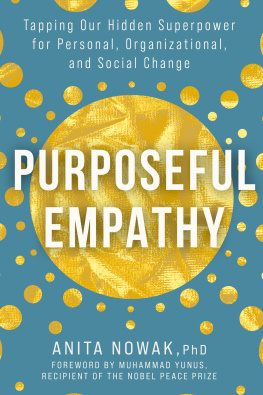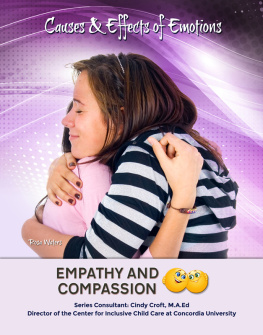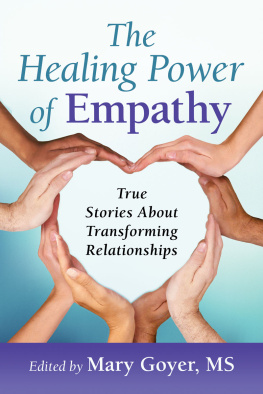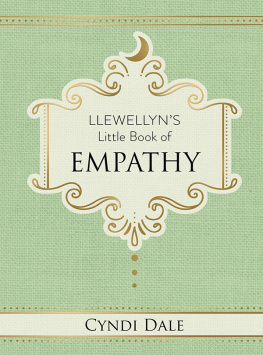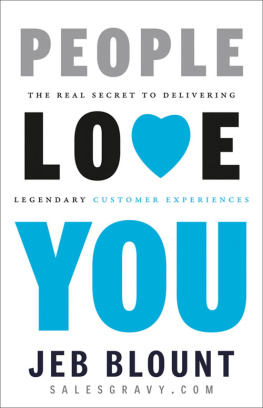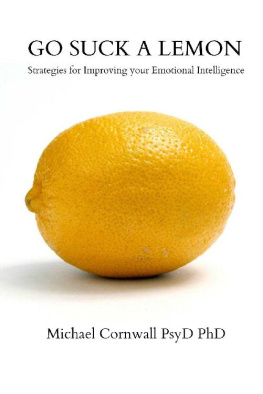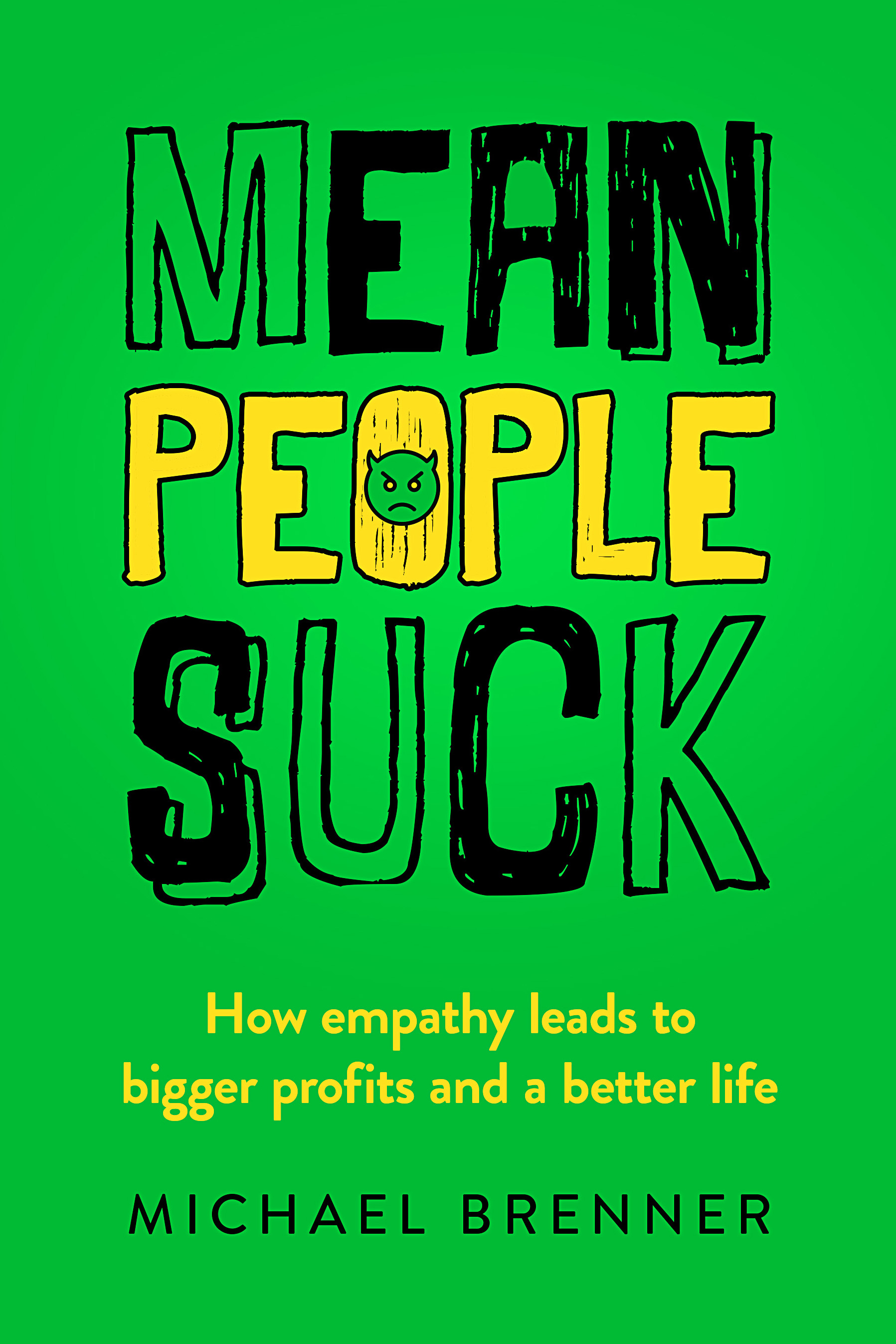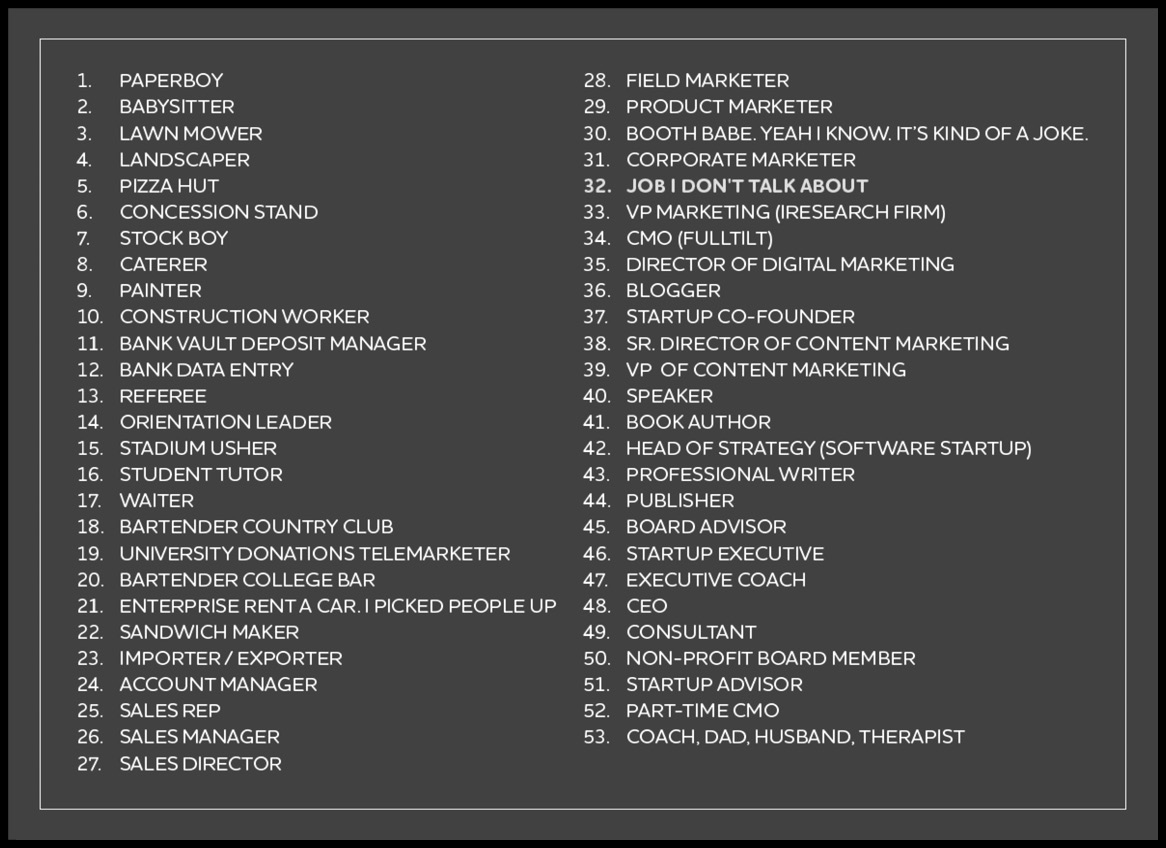All rights reserved. No part of this publication may be reproduced, distributed, or transmitted in any form or by any means, including photocopying, recording, or other electronic or mechanical methods, without the prior written permission of the publisher, except in the case of brief quotations embodied in critical reviews and certain other noncommercial uses permitted by copyright law. For permission requests, write to the publisher, addressed Attention: Permissions Coordinator, at the address below.
div. of Marketing Insider Group, LLC
My 53 Jobs, the Shocking Decline of Empathy,
and the Surprising Secret to Success
Why I Got Fired, the Illusion Point,
and the Key to Stopping Wasted Efforts
The Real Org Chart, the Bullseye, and Larrys Lost Prediction
Becoming a CEO, Champion Leaders, and the One Question
Disruption, the Customer Journey,
and Why Customers Dont Care About Brands
Just Ask Google, Whats in It for Me,
and Getting Closer to Customers
Empathy Makes Us Human, Better Business Results,
and the Empathy Series
The Significant Objects Project, Pixars Storytelling Formula,
and Jills Team of Storytellers
The Content Loop, Sell Your Boss on Empathy,
and How to Push Back
5 Tips to Deeper Empathy, Pour Your Fans a Beer,
and the Secret to a Happy Life
To all my previous bosses, customers, and colleagues...the good, the bad, the insane...I am truly grateful.
And to my current bosses: my wife, Liz, and children, Sophie, Ava, James, and Luke. I am truly lucky.
Michael Brenner
The mass of men lead lives of quiet desperation.
~ Henry David Thoreau in Walden
Introduction
Ive held numerous jobs throughout my career. One day, I sat down to count them all. I knew there were many, but the number turned out to be higher than I thought. When I was done with my final tally, I counted 53 jobs.
My working life started in 1983 when I was 12 years old. I had just made my middle school basketball team. Back then, everyone wore the 1983 Dr. J Converse All-Stars. They were white leather high tops, and I didnt want to be the only one on the team wearing old sneakers.
I asked my parents if they would buy me new shoes, but I was the third of fourth child and we didnt have much money. My dad worked in a factory, and my mom stayed home to take care of the kids. They couldnt buy me the shoes, but they told me that if I wanted them so badly, I could get a job. Thats how I became a paperboy. I delivered newspapers at 5:00 a.m. every day and I got those shiny new sneakers.
Later in my teens, I worked at a concession stand at our neighborhood pool. I also stocked shelves, worked the checkout line at the local grocery store, counted night deposits in a vault at my local bank, and spent a summer scanning over tiny rolls of microfiche film to look for scratches in old bank records.
The shortest job Ive ever had was when I worked at a pizza place for four hours. They put me in the broom closet with a chair and a little TV and told me to watch a four-hour instructional video. I thought they were kidding, but I watched the entire video inside that little room in the dark. I am mildly claustrophobic, and it felt mean to stick new employees in a closet for four hours. So, I walked out and quit.
In college, I worked mostly customer service jobs, such as a rental car agent. These kinds of jobs taught me how much mean people suck.
After I graduated from college, I first worked in sales for almost 10 years in various roles, selling to both retailers and manufacturers. After that, I moved into marketing. I took a short-term job that I dont like to talk about, became a CMO with a couple of different companies, ran digital and marketing teams for a software firm, then started speaking and writing. Eventually, I started my own company.
While working 53 jobs for 25 years inside corporate organizations and start-ups alike, Ive witnessed unique management styles, workplace cultures, and bosses, all of which taught me a few lessons about business and how to manage it all. Ive learned that sometimes your boss sucks. Sometimes your customers suck. Sometimes you just want to get your job done without being challenged or questioned. But the real question is
How happy are we in our jobs? Most people I talk to are unhappy with either their jobs, their bosses, their employers, or their career paths. I often hear about the challenges that so many of us face right now. Ive seen how a business environment can impact individual job satisfaction, career aspirations, and workplace culture. So many of us feel stuck; we feel like the victims of decisions over which we have little control.
The data backs this up. Gallup, who surveys the attitudes and behaviors of employees, customers, students, and citizens all over the world, has been researching job satisfaction for decades. In their latest polling i , Gallup found that 34 percent of us report being engaged in our jobs, 53 percent of us are disengaged, while 13 percent are actively disengaged. Im not sure what actively disengaged means, but I assume those are the employees sneaking away with office supplies and calling in sick every chance they get. They dont want to be there and only show up to work to collect a paycheck.
Its hard to look at those statistics and not wonder about their impact on low morale. Morale affects how we feel as humans, the way we treat others, the overall success of businesses, the economies these businesses drive, and the governments for which we vote. So, how did we get to this place of low morale?
To answer that question, we each need to look at our own work experiences. We need to decide which category we fit. Are we happy in our current roles, or are we actively disengaged? Have we always known what our passions are? Do we love our bosses, our companies cultures, or our current paths?
Like most of us, Ive had jobs that Ive loved and others that I havent. Not everything was perfect about those positions I cherished and not everything was awful about the jobs with which I struggled. So, what separates the positive experiences from the negative? In other words, what makes us either love or hate the work we do? What makes us love or hate the lives we live?



